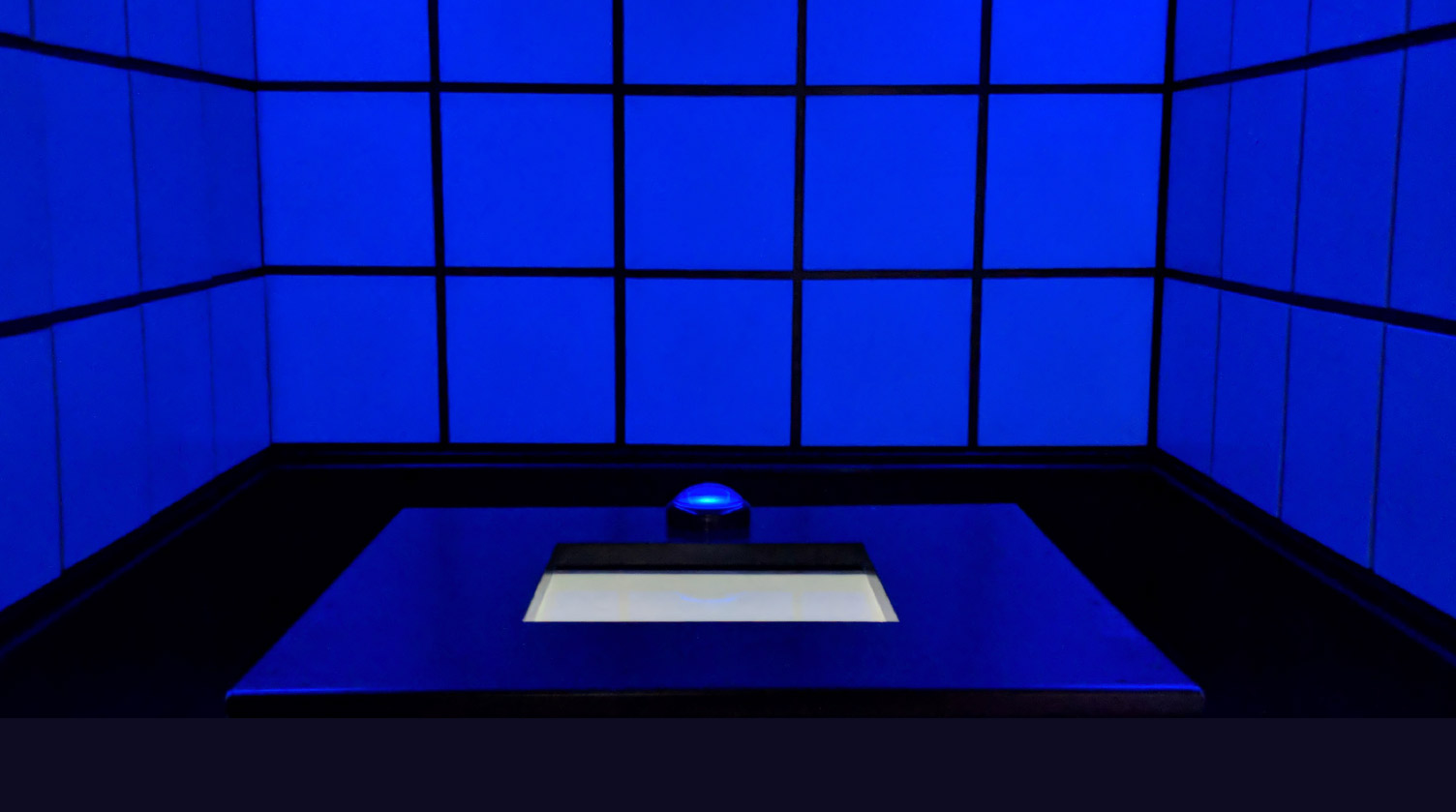Designing Toolsets for Improving the Accessibility of Immersive Technology

Designers and managers of escape rooms or live-action adventure games are encountering an increasing challenge of implementing highly immersive experiences without the use of (smart) technology, and those that are including technology face high expense, high risk, or both. The increasing complexity of technology opens the door for designing innovative immersive experiences while simultaneously excluding many immersive designers that would benefit from their use. Through a deeper understanding of the design process and common problems preventing or hindering this population’s use of immersive technology, we can identify and design empowering solutions. These solutions not only have the potential to dramatically speed up innovation in the live-action game space but to save many existing businesses from failing due to being unable to compete. Focusing on accessibility and flexibility would allow for integrating technology much earlier in the design process thereby reducing risk and increasing the cohesiveness of the design; broadening the scope of what types of experiences are possible which increases competitiveness; and decrease overall time and cost by solving common reliability and maintainability problems that plague inexperienced and non-iterative technology design work.
Full Thesis Document
OhioLINK Acces
xdMFA Candidates must disseminate their research online in the Ohio Library and Information Network (OhioLINK) Electronic Theses and Dissertations repository. This thesis may be accessed at
http://rave.ohiolink.edu/etdc/view?acc_num=miami1556720229902984